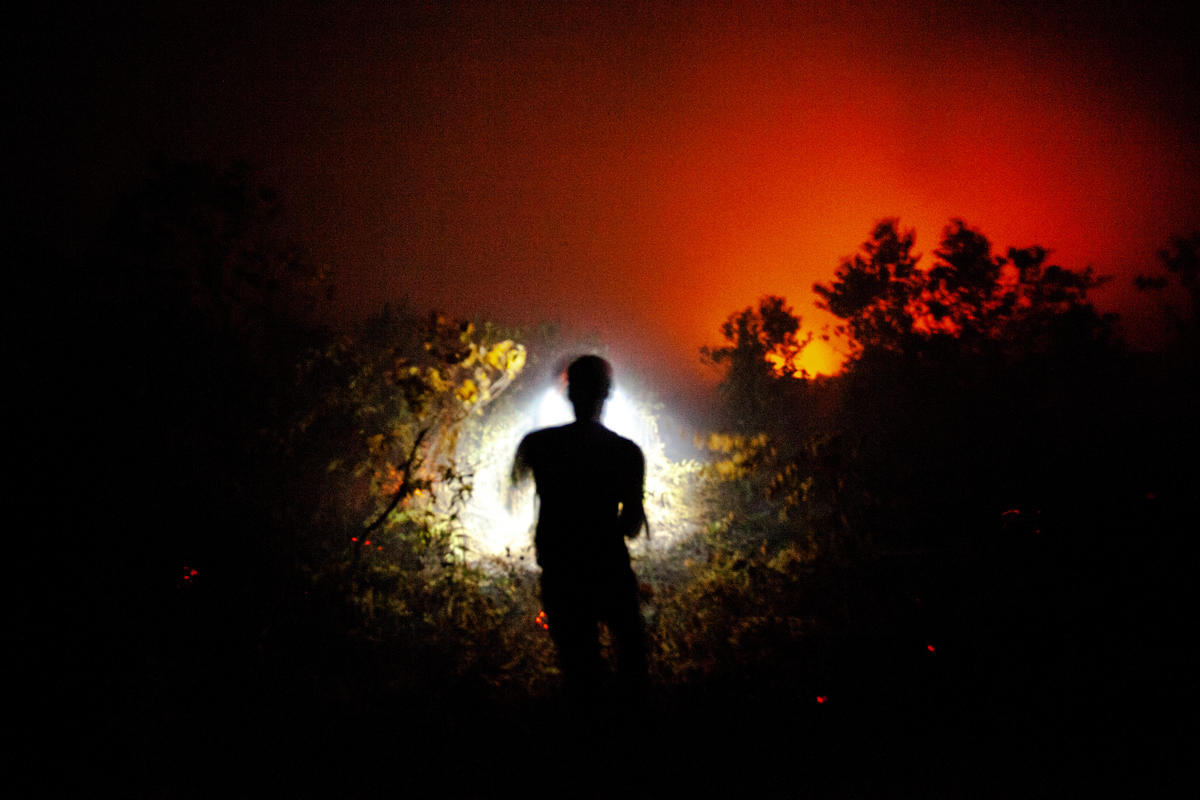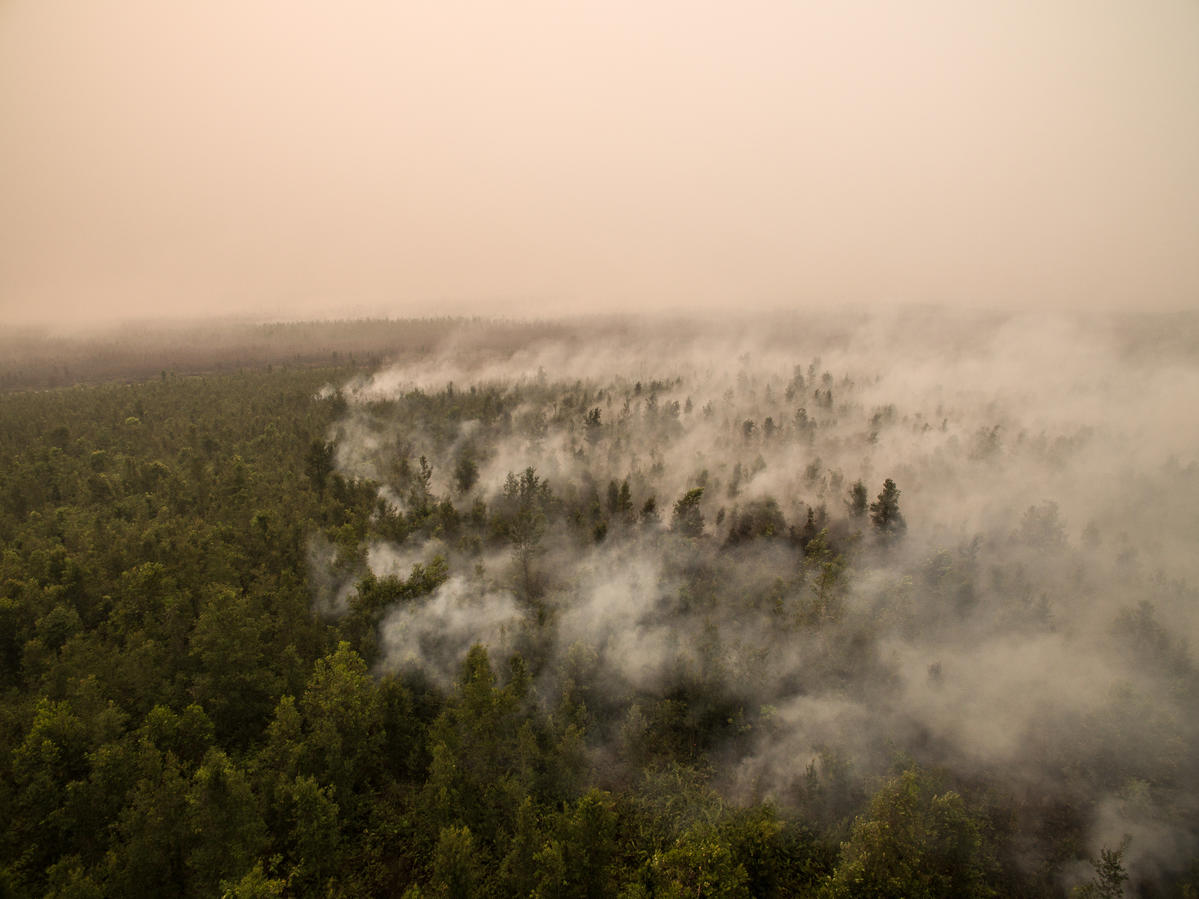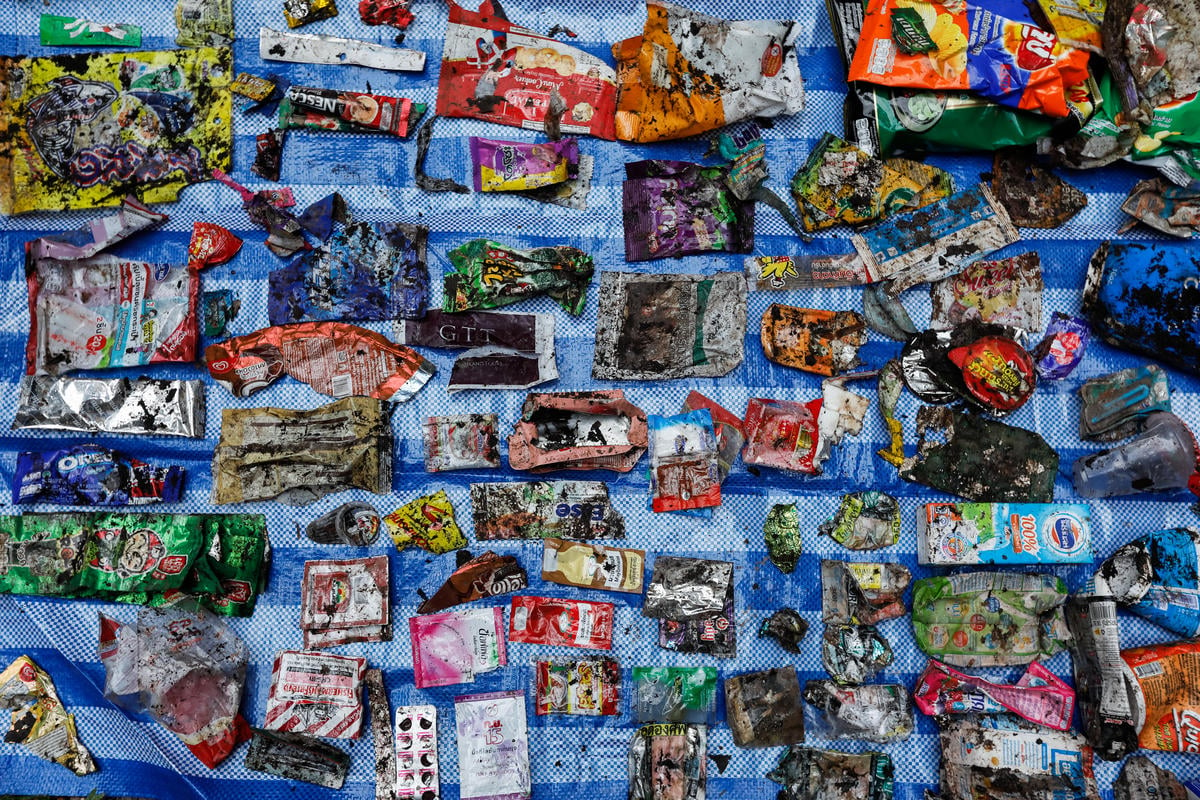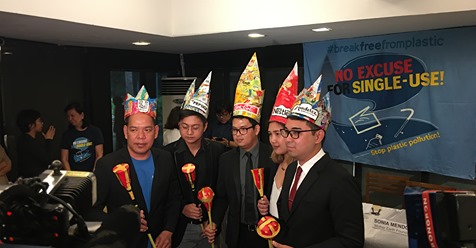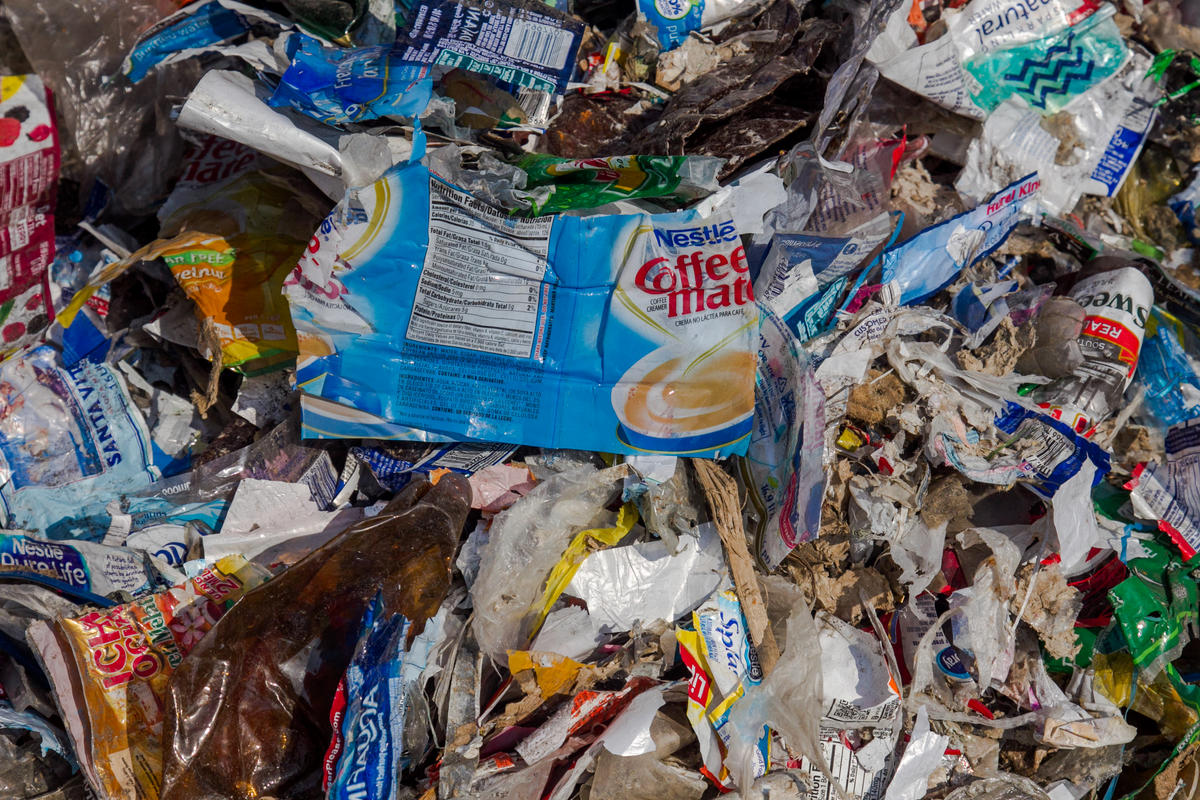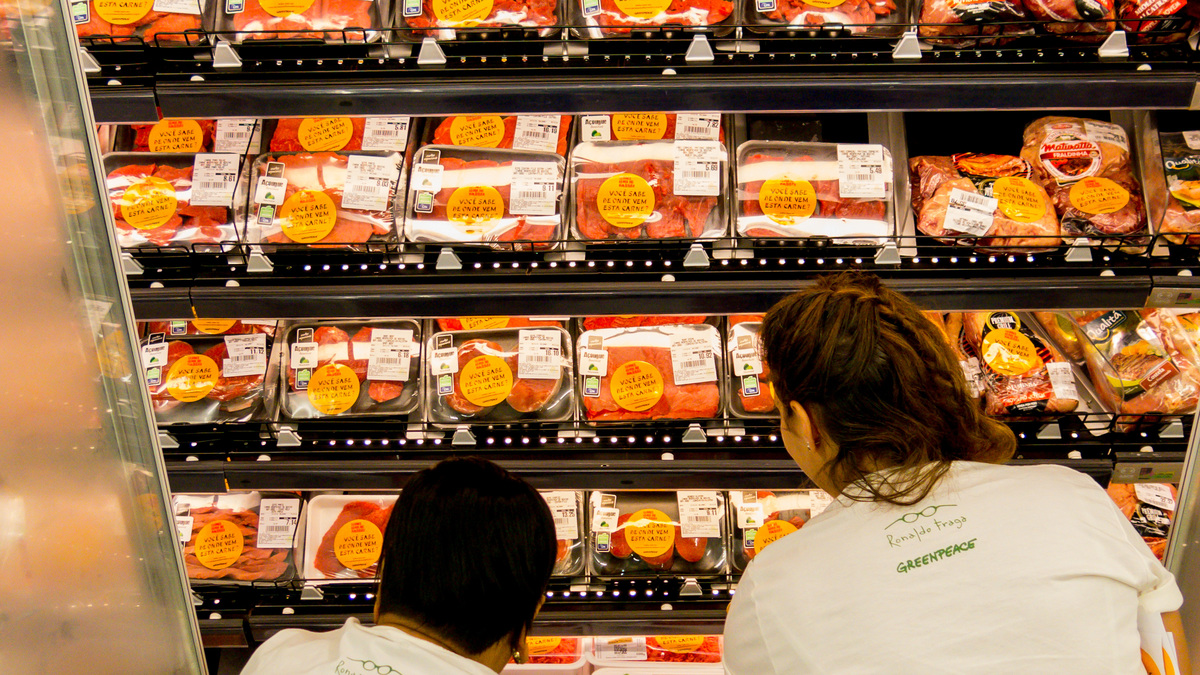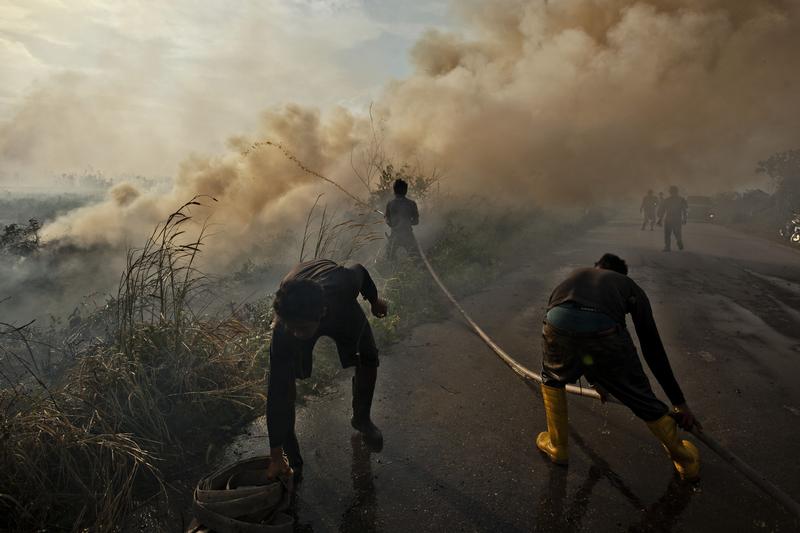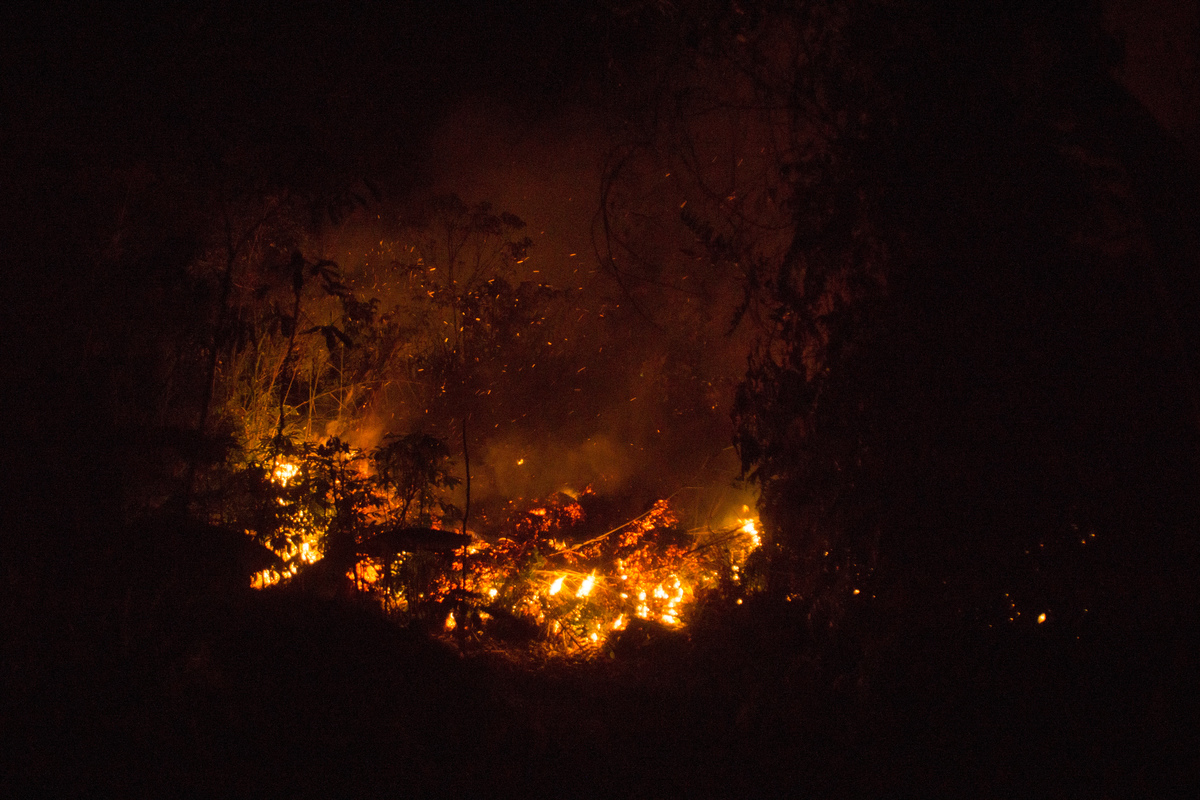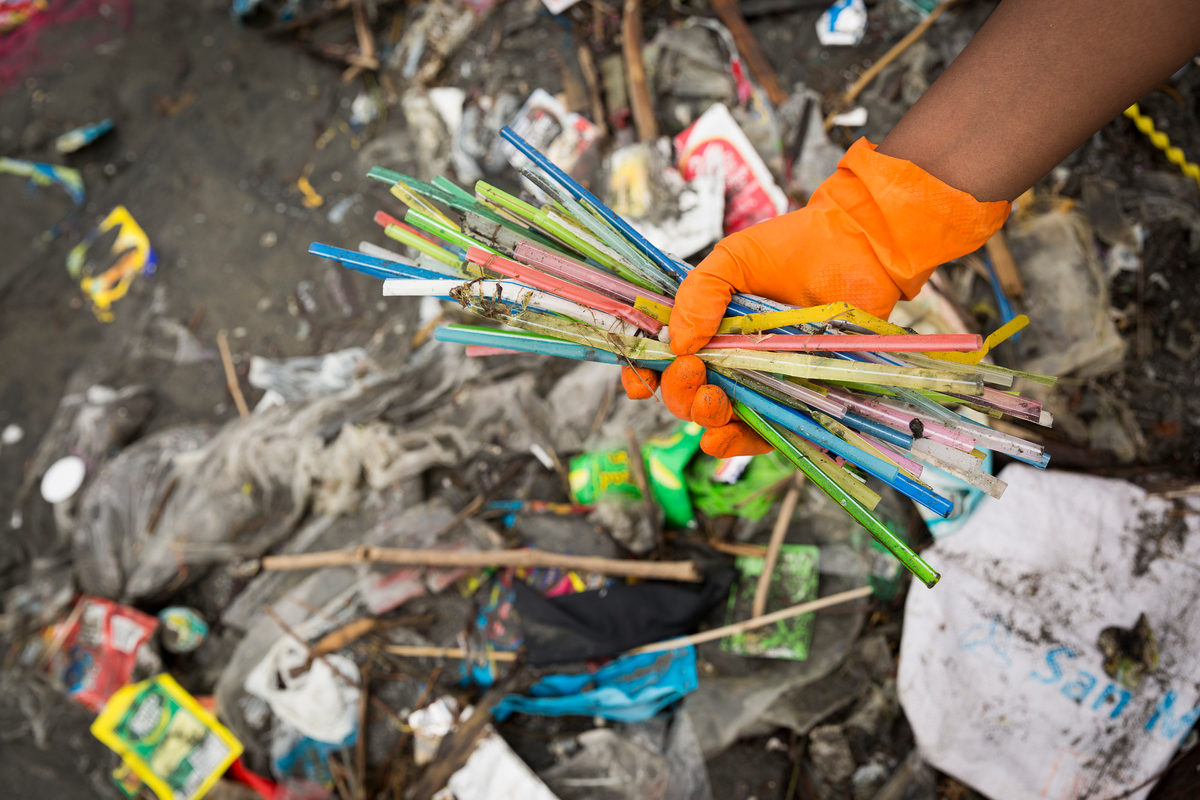-
Joint NGO statement on failure of RSPO to meet the demands of global climate crisis
Last year, RSPO members approved a new set of Principles and Criteria that align with the global “No Deforestation, No Peat, and No Exploitation” policies of many of its members. Yet the RSPO’s new standard will only be meaningful if it is audited and upheld in a thorough, comprehensive and competent way.
-
There is no smoke without fire
The fires blazing in Indonesia, that have placed nearly 10 million children at risk, are linked to companies widely considered to be “sustainability leaders” in palm oil. Greenpeace International’s research found that Unilever, Mondelez, Nestle, and P&G are each linked to nearly 10,000 fire hotspots in 2019 alone.
-
Top consumer companies’ palm oil sustainability claims go up in flames
Unilever, Mondelez, Nestle, and P&G are each linked to up to 10,000 fire hotspots, as they buy from palm oil producer groups with the highest numbers of fire hotpots in 2019. The palm oil traders Wilmar, Cargill, Musim Mas, and Golden-Agri Resources (GAR) have extensive links to this year’s fires in Indonesia and together supply…
-
CP and Coca-Cola among worst offenders for plastic pollution in Thailand based on Greenpeace report
This report provides more evidence of how corporations have greatly contributed to the plastic crisis that we find ourselves in. Their continued reliance on single-use plastic packaging translates to more throwaway plastic into the environment.
-
Coca-Cola, Nestlé and PepsiCo named top plastic polluters for the second year in a row
Quezon City, Philippines — Coca-Cola, Nestlé, and PepsiCo, are most identified in brand audits for the second year in a row,, according to global brand audits detailed in the report “BRANDED Volume…
-
Greenpeace report uncovers how top brands fool consumers with ‘false solutions’ to plastic pollution
The report, titled Throwing Away the Future: How Companies Still Have It Wrong on Plastic Pollution "Solutions,’”[1] shows how multinational companies, such as Nestlé, Unilever, PepsiCo, and Procter & Gamble, continue to harm the environment by using paper and crops-based bioplastics, which cause deforestation and threaten food security. Moreover, chemical recycling offers false hopes and lock in demand…
-
The importance of meat labelling
With our unhealthy food systems, there is a need for people to be more discerning and critical of what's being produced and sold in markets and groceries.
-
Palm oil and pulp companies with most burned land go unpunished as Indonesian forest fires rage
Despite the ongoing Indonesian forest fire crisis, no serious civil or administrative sanctions have been given to the ten palm oil companies with the largest areas of burned land from 2015 to 2018, new Greenpeace Indonesia mapping analysis revealed. The Indonesian government has also not revoked a single palm oil licence due to forest fires.
-
Indonesian Forest Fires Crisis: Palm oil and pulp companies with largest burned land areas are going unpunished
A total of 3,403,000 hectares (ha) of land burned between the years 2015 and 2018 in Indonesia, according to analysis of official government burn scar data. In 2015 alone more than 2,600,000 ha of land burned. The fires that ravaged Indonesia in 2015 are considered one of the greatest environmental disasters of the 21st century…
-
Communities and Greenpeace volunteers clean up beach and conduct plastic brand audit in Songkhla
On International Coastal Cleanup Day, around 60 volunteers from the Songkhla Forum, Beach for Life, and Greenpeace together cleaned up the beach at Laem Son On in Songkhla province.


